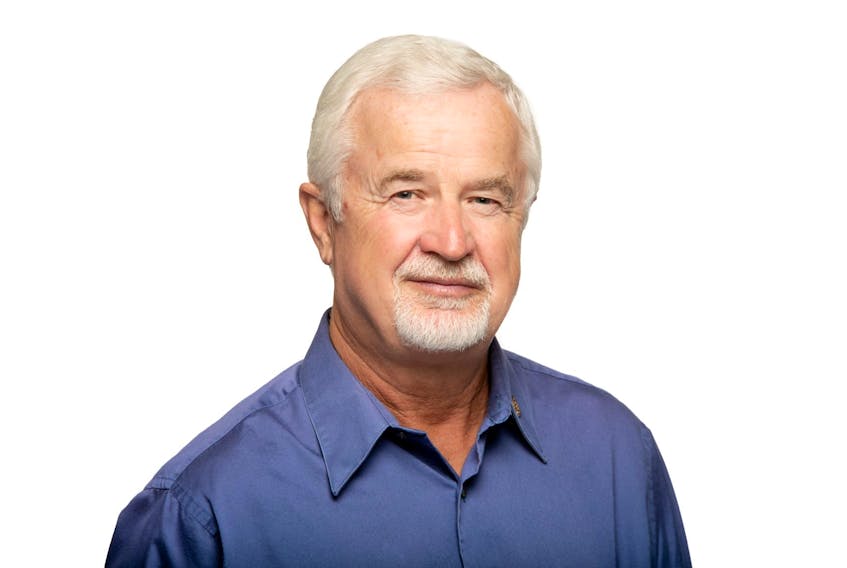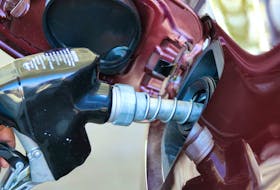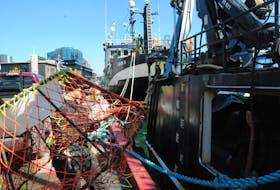In a situation where the whole world economy is based on debt, has the COVID-19 pandemic given us cause to consider the eventual economic one?
Editor's note: This is the first part of a two-part series.
Anybody who has been paying attention should know that from the smallest consumer to the largest sovereign economies (U.S./China) and every entity in between, debt is the common denominator.
The pandemic of personal debt really started with the invention of the credit card. Prior to that, if we didn't have it in our pocket, or in the bank, we couldn't or didn't buy it.
But what an invention it was....an instant loan and a payment plan in a thin card that you could carry anywhere. People realized that they no longer had to apply for a loan, and if they could make minimum payments could have everything! And quickly forgot — or never comprehended — the real cost.
Few realized that it was a permanent barrier to their financial security, and fewer still used it to their advantage. Not only did we develop an obsession with material goods, but shopping became a recreation...and debt became a way of life. And the fact that economists measure consumer spending as an indicator of economic health never meant that you had to accept it as a personal challenge.
As time went on, our own lack of attention to finances and burgeoning greed started governments on the same path. In order to secure votes, and because taxpayers no longer cared, they started bribing us with our own money. And when that ran out, they started bribing us with borrowed money, and increasing deficits.
So are we better off with all that spending? Back when we had balanced budgets, we had a healthy and expanding middle class; now the gap between rich and poor is the largest since the introduction of income tax. And have OAS, minimum wage and societal improvements kept pace with the growth of billionaires? Definitely not, especially when a third of GDP goes to pay interest on our government-subsidized lifestyle.
With Canada and the U.S. inexorably linked in their trade, economies and stock markets, we should consider them interchangeably. And know that U.S. economic woes will become Canada's. After the COVID-19 dust settles, Canada will have a national debt over a trillion dollars. The U.S. will be over $27 trillion. How precarious is this?
Since the Second World War, the U.S. has had the strongest economy and the U.S. dollar has been the world's currency. And with the removal of the gold standard, they have essentially been able to 'print' money on the basis that America will always be able to support it. So far, that has worked because international commodities like oil use the U.S. dollar as their unit of exchange. One of the doomsday scenarios has China demanding to buy oil in their own currency. The resulting depreciation of the U.S. dollar would throw the world economy into chaos, which is one of the reasons that it has not happened. By the way, the U.S. is no longer the world's largest economy.
And so who owns all the debt? One of the popular misconceptions is that U.S. and Canadian debt is owed to foreign sovereign states. Not true: nearly 70 per cent of the debt is internal. And the majority of that is defined as 'public debt' with the rest being 'intergovernmental debt.' Can we guess who is on the hook for those?
Have we learned anything from COVID-19? Again, when the economy is in trouble, western governments solve the problem by throwing money at it. Of course, it's all borrowed money and one of these times, there will not be enough. Because if investors start to lose faith in U.S. or Canadian government bonds, when interest rates are low and default is a concern, borrowing starts to become a real challenge.
Recently, western countries have started to solve their economic crises through more creative means. First, there was 'quantitative easing,' which is the process of having the feds or the Bank of Canada buy government bonds and securities, and then flood the market to increase available money. And by increasing the money supply, they provide banks with more liquidity for low-cost loans. Sounds like a Ponzi scheme?
In funding for COVID-19, the U.S. got even more creative and removed the leaf that hid federal reserve policy from government policy. Trump declared that he would add $2.4 trillion of debt to fight COVID-19 (save the economy) and the Federal Reserve said they would buy it all — without any paper to support the transaction — therefore creating money out of thin air. And if you think this is financial insanity, many would agree. Remember, this is a president whose businesses have gone bankrupt six times. What he knows about economics is to borrow more and more money until you can't, then have someone bail you out.
After a while, you wonder whether the folks that are creating these economic schemes actually know what they are doing, or is playing with other people's money just an experiment for the next macroeconomics theory?
Mike Johnson is a retired businessman who resides in North Sydney and Big Beach and occasionally comments on the political and social aspects of living in Cape Breton, Nova Scotia and Canada.









